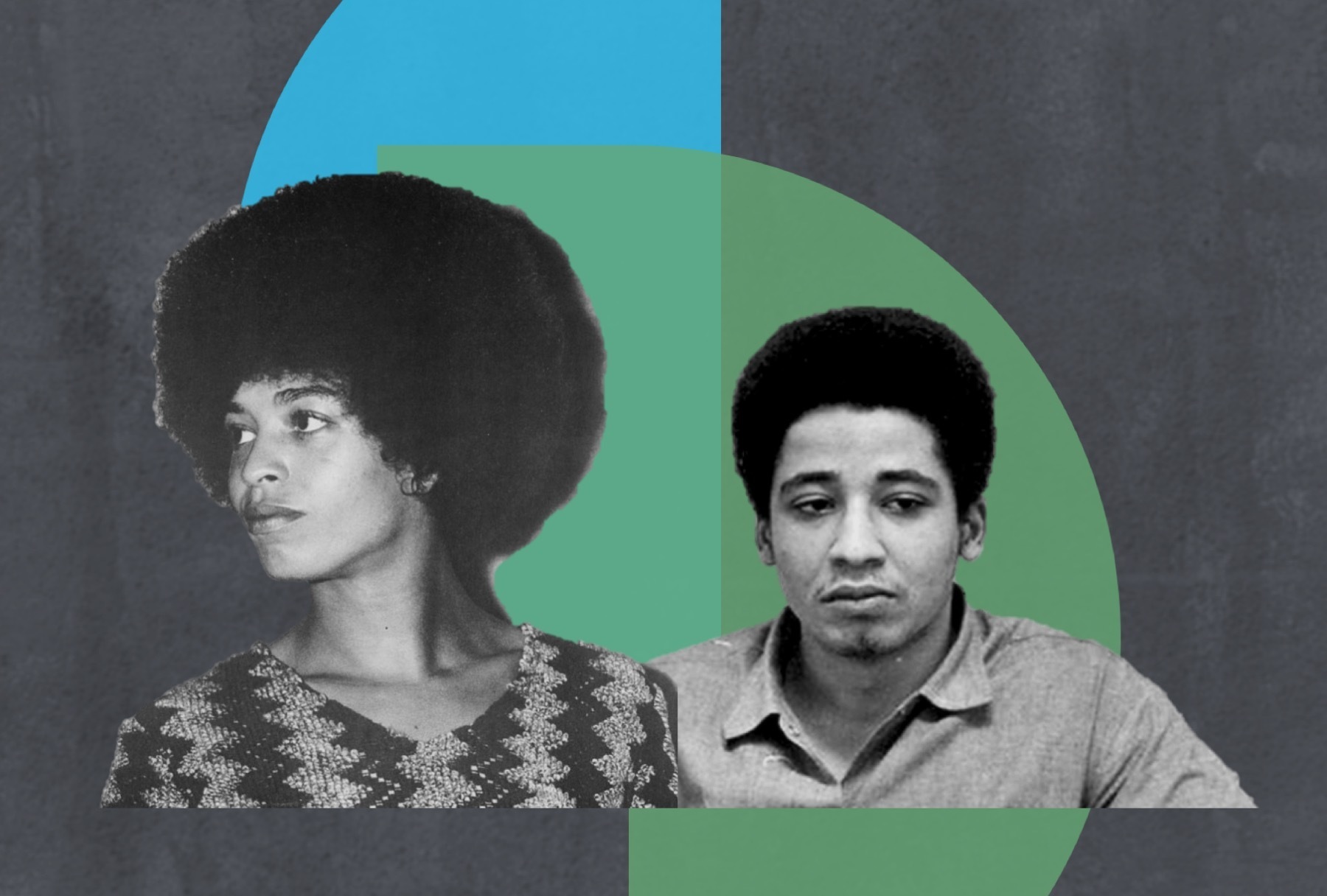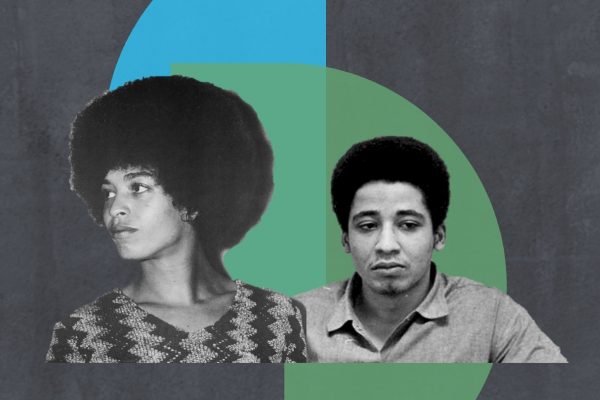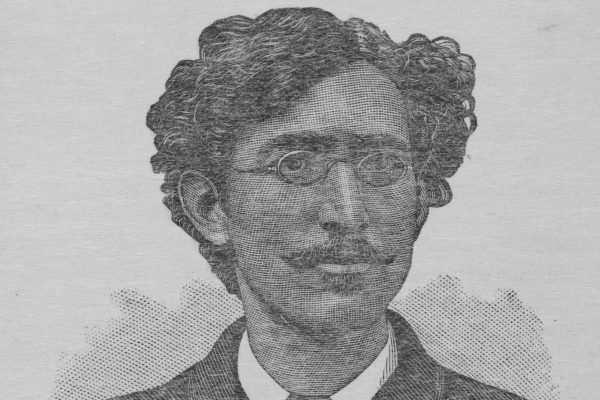Few thinkers have fused theory and practice like Angela Davis. For decades the legendary organizer, intellectual, and former political prisoner has advanced a revolutionary anti-racist, anti-fascist politics of liberation. As she celebrates her seventy-ninth birthday this month, her struggle for a better world remains urgent.
For philosopher Alberto Toscano, the enduring value of Davis’s thought is manifest in her distinctive analysis of U.S. fascism, which she developed in the early 1970s by drawing on Herbert Marcuse’s concept of “preventive counter-revolution.” According to Toscano, by moving away from a Eurocentric definition and emphasizing the role of the prison in the United States, Davis’s conception of fascism “can serve as an antidote to the lures and limits of the analogies that increasingly circulate” in today’s debates about the meaning of fascism.
Davis’s political and philosophical interventions in the struggle for reproductive justice also continue to resonate. As women and gender studies scholar Sara Matthiesen argues, Davis’s 1981 essay “Racism, Birth Control, and Reproductive Rights” reminds us that reproductive choice cannot be separated from broader concerns about race, class, and gender oppression. “It is crucial we foreground Davis’s insight about the harmful effects of exploitative systems on intimate life,” Matthiesen writes. While there is no question that the right to abortion must be ensured, “we must also ask how much choice the families Davis was most concerned with have had since Roe v. Wade, and contemplate the ways that vast inequalities have piled up to make reproductive choice more myth than reality for an ever growing number of people.”
Meanwhile, for historian Robin D. G. Kelley, Davis’s work stands out for its focus on freedom as the ultimate horizon of revolutionary activity. Contextualizing her work in Los Angeles’s 1960s culture of protest, Kelley writes that, “while Davis delivered withering critiques of state violence, the core of what she wrote and spoke about—in the classroom and in her many political speeches—centered on the meaning of freedom. She understood freedom not as an individual right, as in the liberal tradition, but as a collective process born from a dynamic struggle for liberation.” At a time when far-right forces seek to claim the mantle of freedom, it is crucial to reclaim its longstanding place in the Black radical tradition.
It is fitting to leave the last word to Davis herself. In a recent interview with BR about her co-authored book Abolition. Feminism. Now., she explains the universalist scope of her radical abolitionist politics: “The mandate of abolition feminism is to change the world—not simply to guarantee that those who have been pushed outside of the borders of society have the capacity to participate as it stands, but to change that world.”
A debate is roiling about the aptness of comparing Trump to European fascists. But radical Black thinkers have long argued that racial slavery created its own unique form of American fascism.
The authors of Abolition. Feminism. Now. discuss why racialized state violence and gender-based violence have to be fought together.
T. Thomas Fortune called for investment in education and a multiracial, working-class movement.










